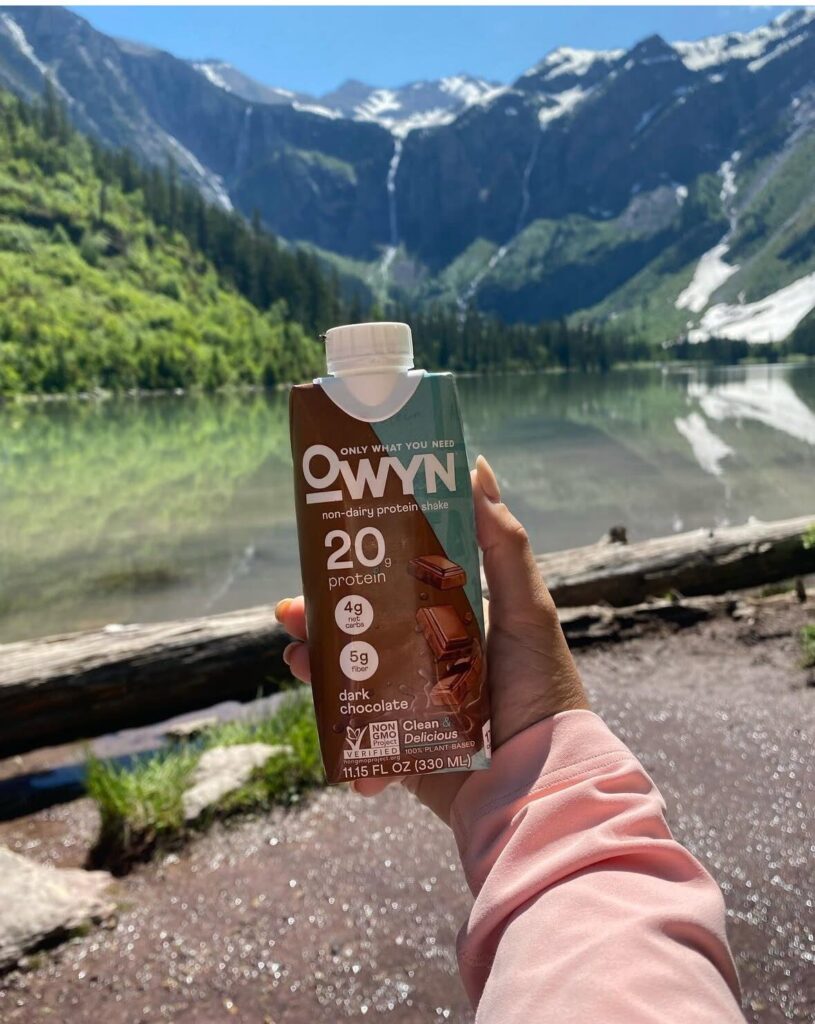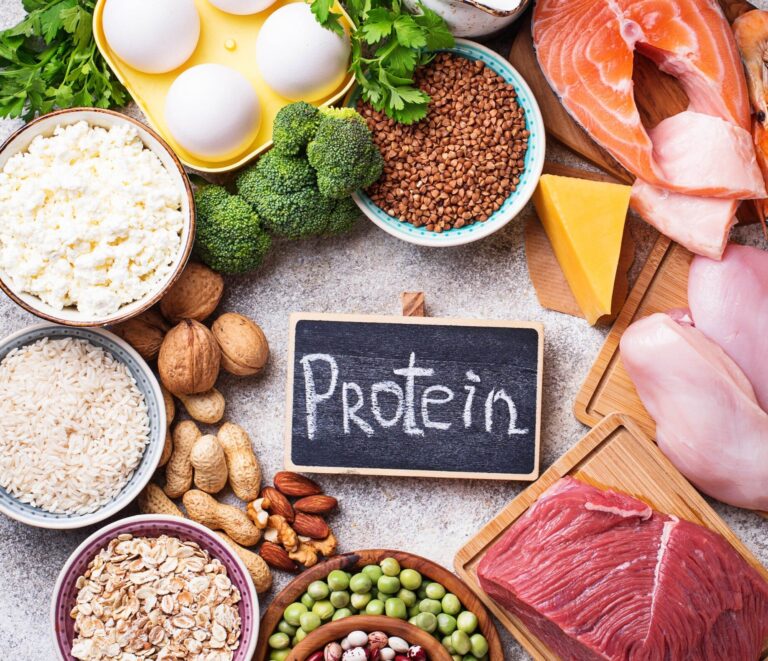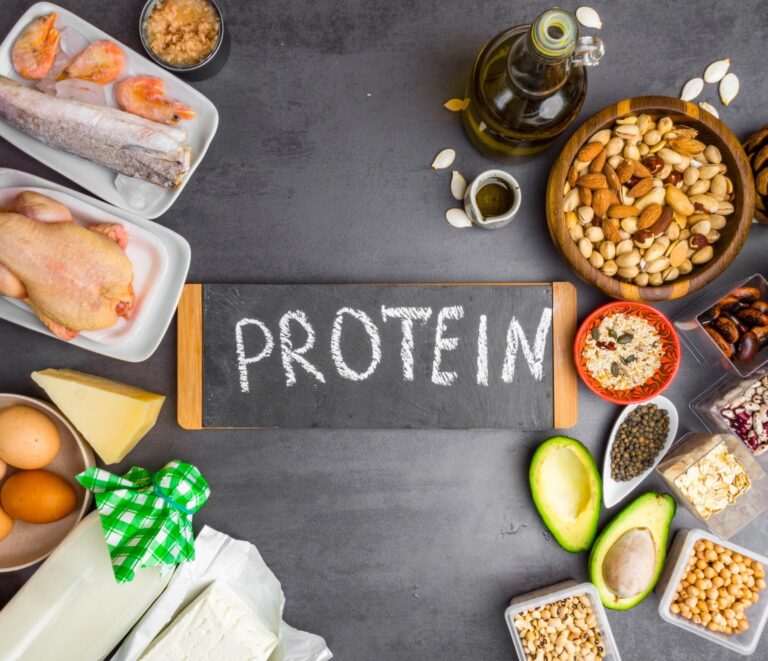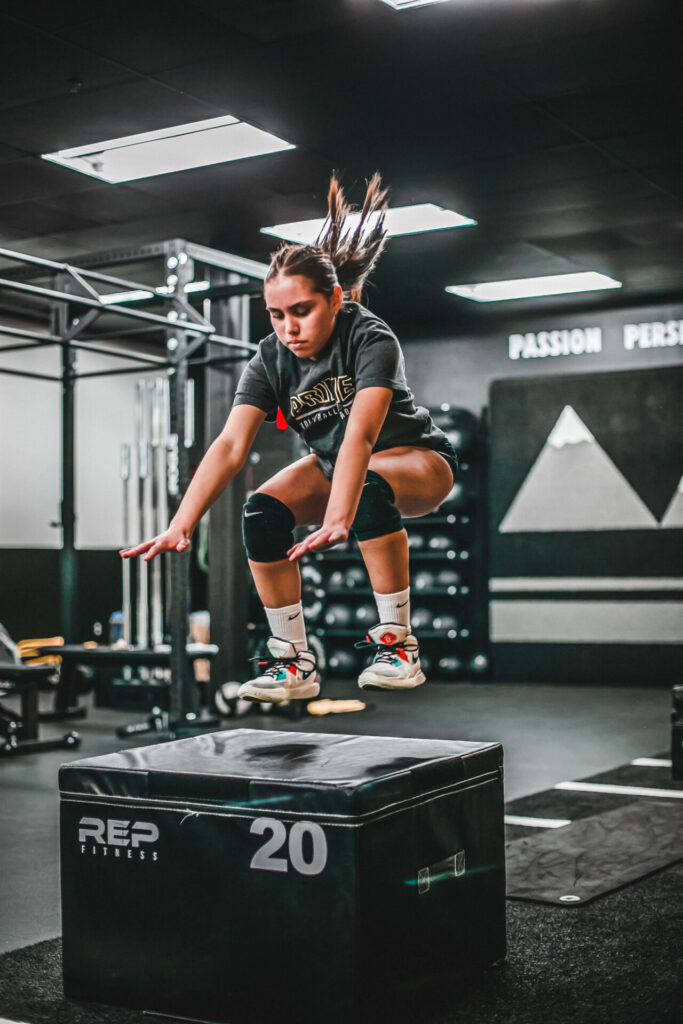
UNITE.rehab.perform
Denver's Best Sports Physical Therapy
Protein:
The Building block of athletic performance
Protein is one of the essential macronutrients our bodies need to function at their best. Think of it as the foundation of muscle growth, repair, and overall recovery. Whether you’re a runner pounding the pavement, a weightlifter pushing heavy load, or a weekend warrior staying active, protein plays a critical role in keeping you strong, resilient, and ready to perform.
But protein isn’t just about muscle. It’s involved in nearly every process in the body-regulating hormones, supporting the immune system, transporting nutrients, and even helping enzymes function properly. Simply put, without adequate protein, your body wouldn’t be able to repair itself, recover efficiently, or build strength over time.

What Does Protein Do for Athletes?
For athletes and active individuals, protein is essential for:
– Muscle Repair & Growth: Exercise causes small amounts of muscle damage, which protein helps repair, leading to stronger and more resilient muscles.
– Hormone Regulation: Many hormones, such as insulin and growth hormone, are protein-based and directly influence recovery, metabolism, and performance.
– Immune System Function: Training stress can impact immunity, but adequate protein intake helps the body stay resilient.
– Nutrient Transport & Enzyme Function: Proteins play a role in delivering essential nutrients and supporting biochemical reactions that fuel energy production and recovery.


How Much Protein Do You Need?
There’s no one-size-fits-all approach to protein intake, but research suggests that athletes should aim for .65 to 1 gram of protein per pound of body weight per day. This range ensures that your body has the necessary building blocks to recover from training, build lean muscle, and maintain peak performance.
For example:
- – A 150-pound athlete should consume between 98g – 150g of protein daily.
- – A 180-pound athlete should aim for 117g – 180g per day.
This protein intake should be spread throughout the day to maximize absorption and muscle protein synthesis. Aim for 20-40g of protein per meal, depending on your total daily needs.
Best Protein Sources for Athletes
Getting enough protein doesn’t mean yo have to rely on supplements. While protein powders can be a convenient option, whole foods provide additional nutrients that support overall health and performance. Some of the best protein sources include:
- – Animal-Based: Chicken, turkey, lean beef, eggs, fish, Greek yogurt, cottage cheese, whey protein.
- – Plant-Based: Lentils, beans, quinoa, tofu, tempeh, edamame, chia seeds, hemp seeds, nuts.
- – Protein Snacks: Hard-boiled eggs, Greek yogurt with nuts, cottage cheese with fruit, protein smoothies.

Timing Matters: When Should You Eat Protein?
While total daily intake is te most important factor, when you consume protein can enhance recovery and performance. Consider these key timing strategies:
- – Pre-Workout: A protein-rich meal or snack 1-2 hours before training can help fuel your muscles and reduce muscle breakdown.
- – Post-Workout: Consuming 20-40g of protein within 30-60 minutes after exercise supports muscle repair and growth.
- – Before Bed: A slow-digesting protein like casein (found in cottage cheese or Greek yogurt) before bed can help with overnight muscle recovery.
Final Thoughts
Protein is a non-negotiable for athletes looking to optimize performance, recovery, and overall health. By prioritizing high-quality protein sources and ensuring you get enough daily, you’ll build a stronger, more resilient body that’s ready for any challenge.
Wes Spalding (Performance Coach), BS, CPT
©2020-2025 UNITE.rehab.perform LLC. All rights reserved.
UNITE.rehab.perform does not provide medical advice, diagnosis, or treatment through this website or related content. See additional information.